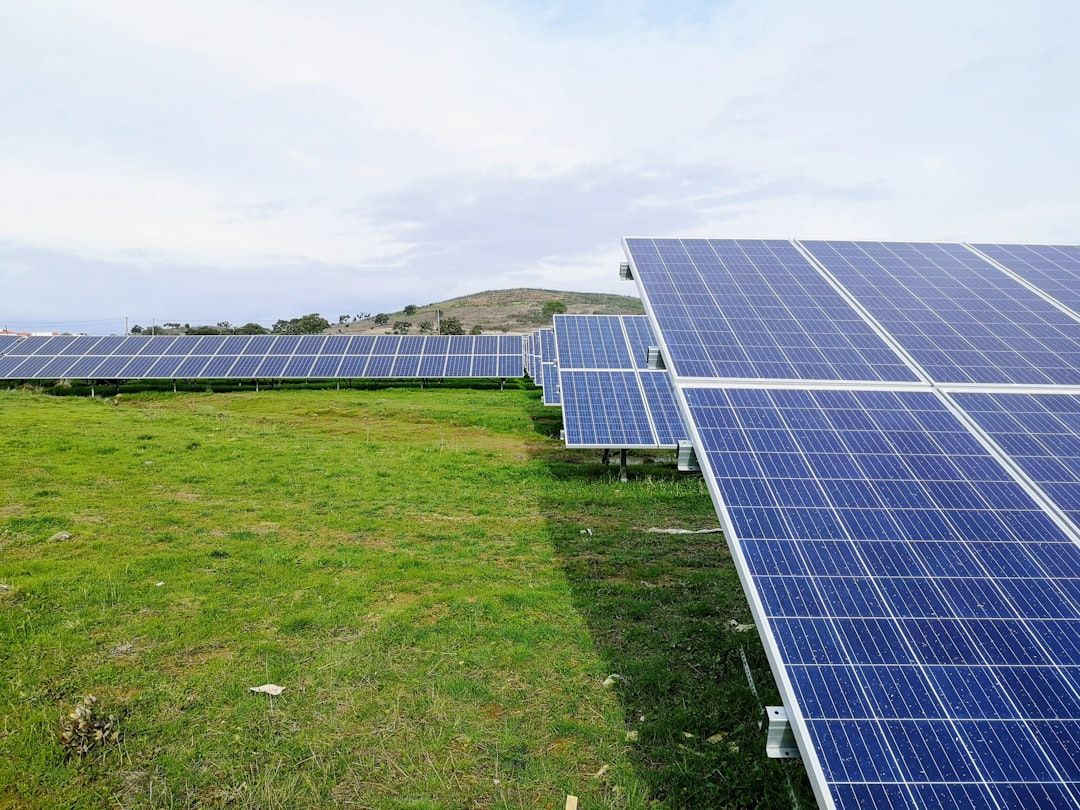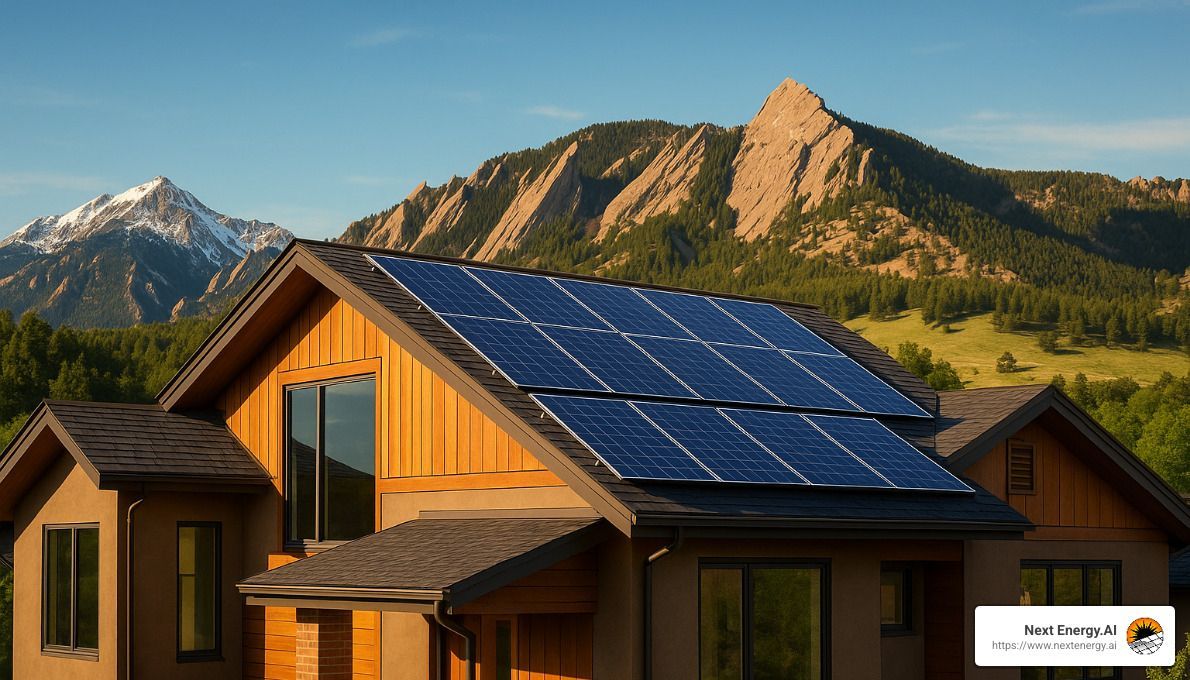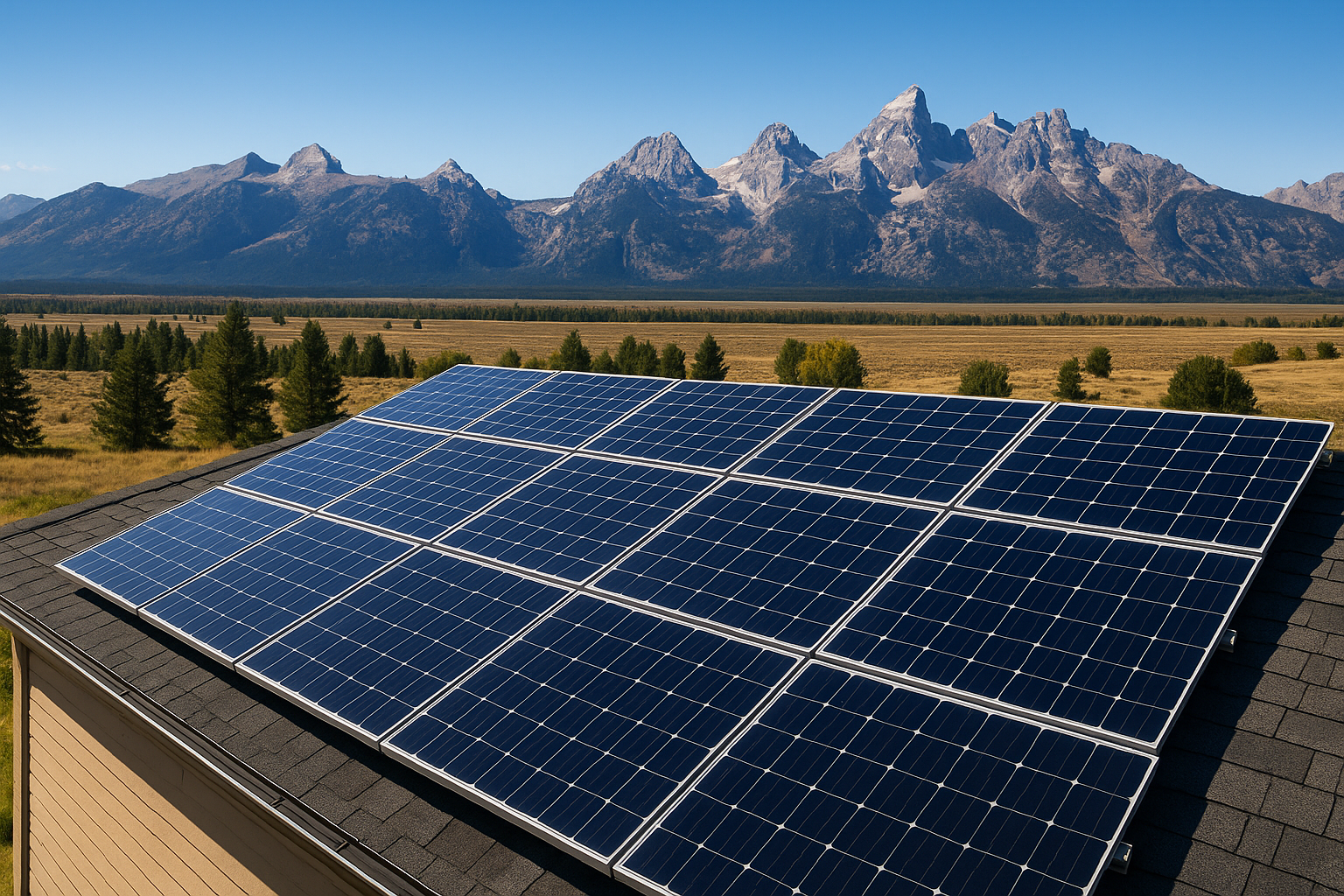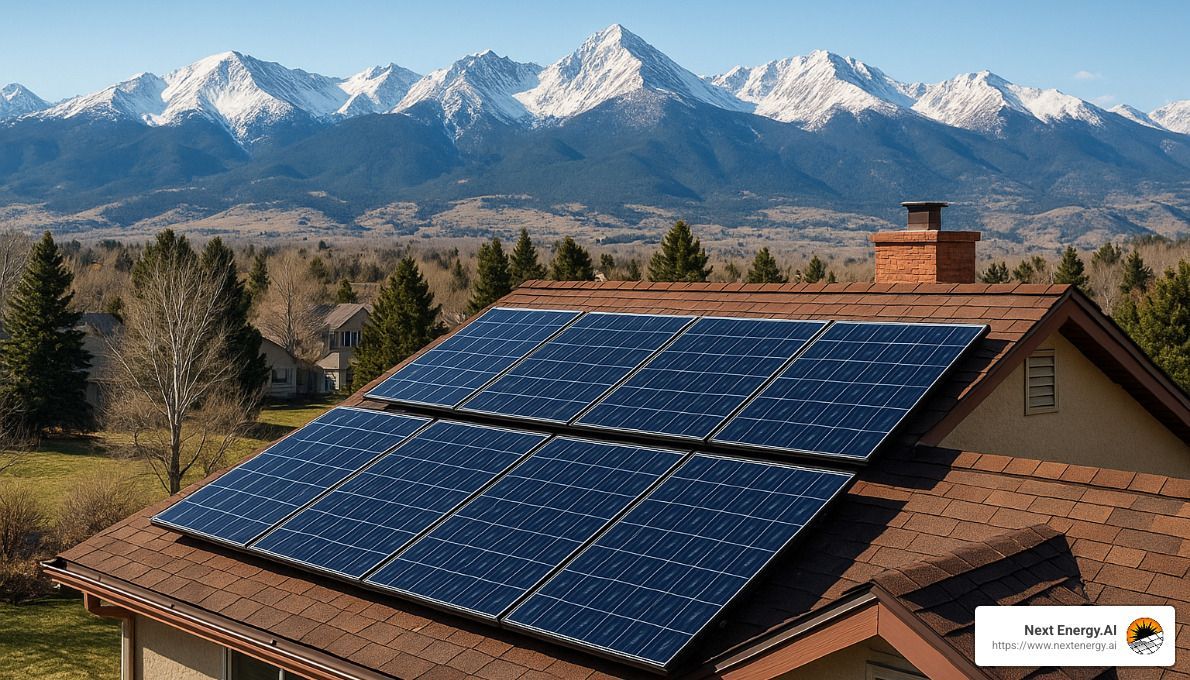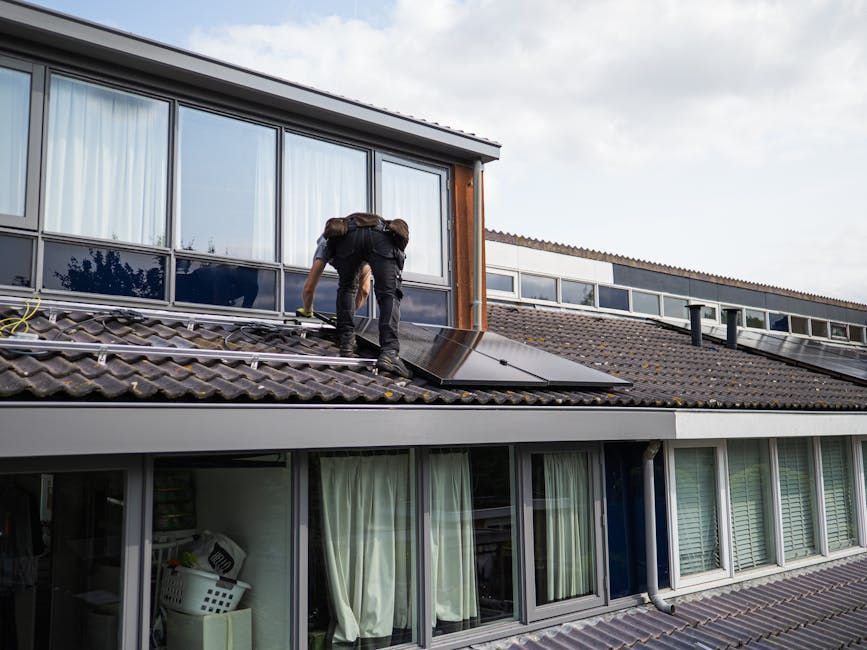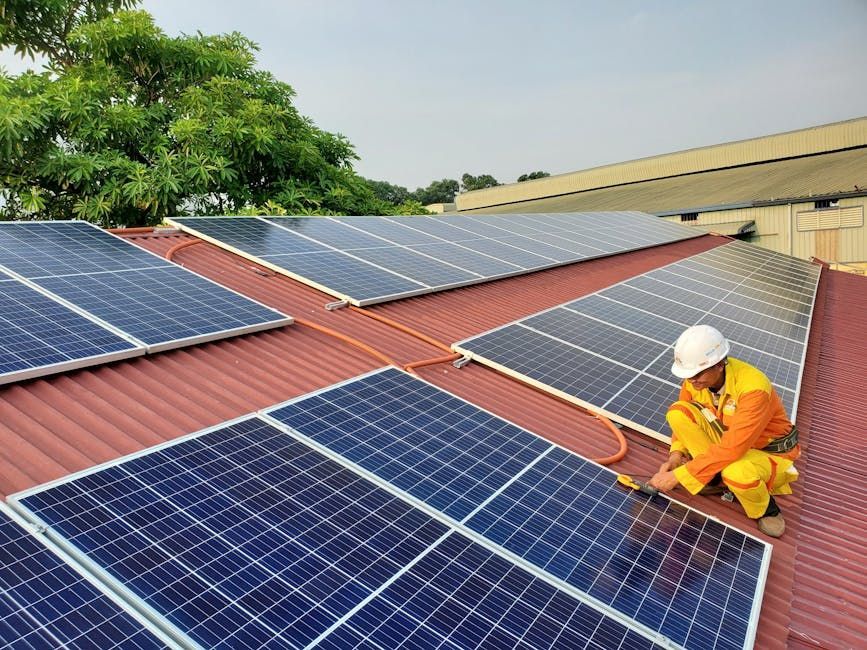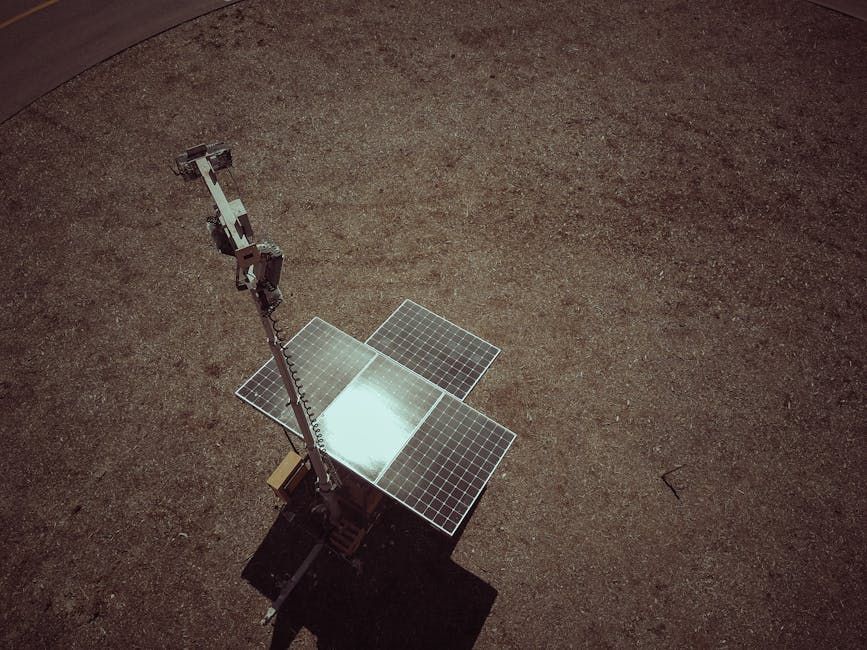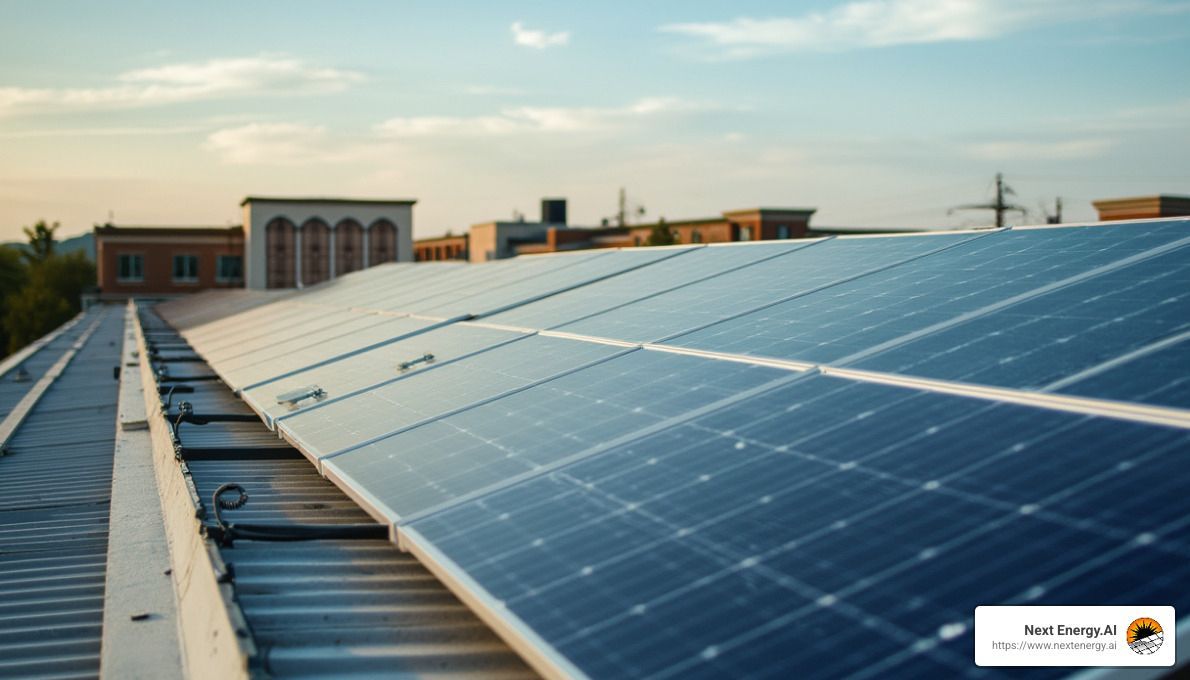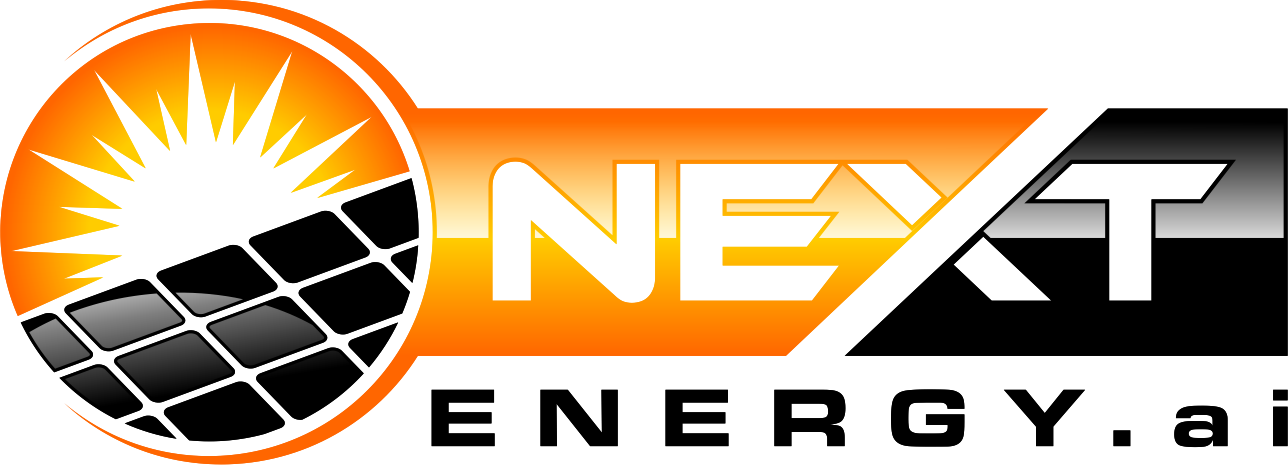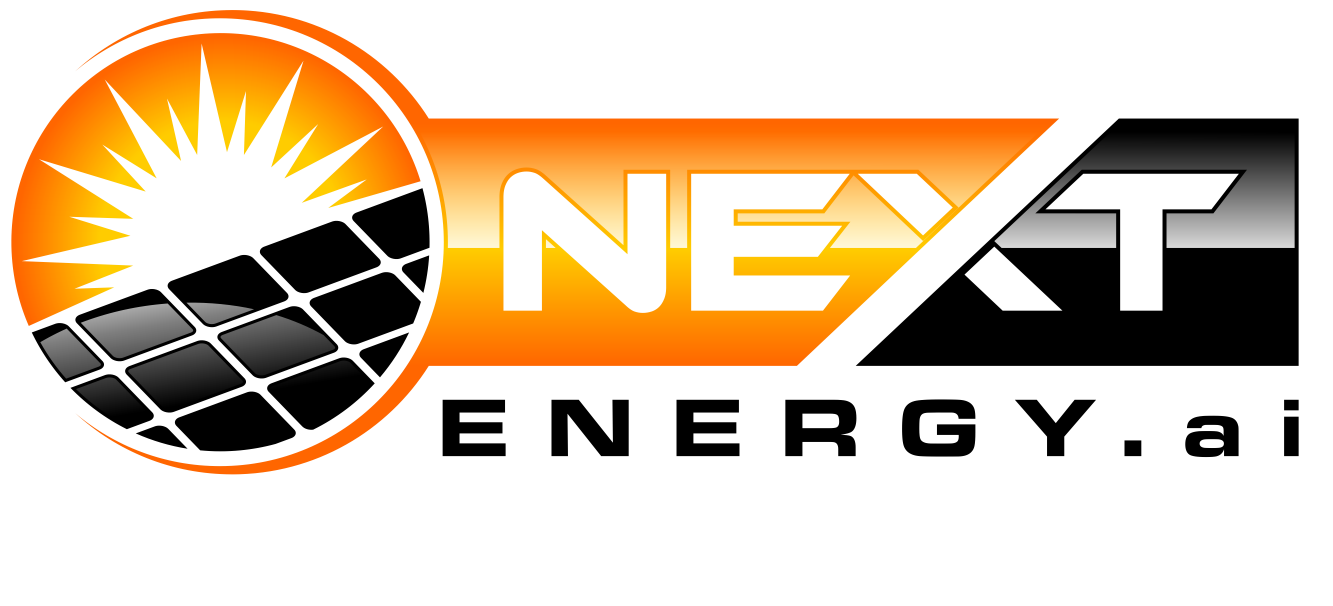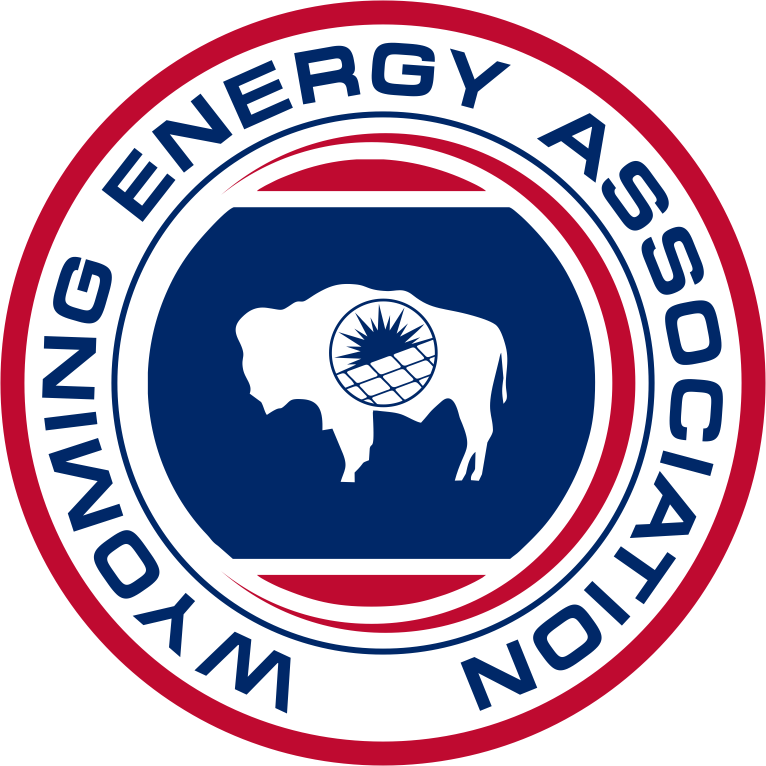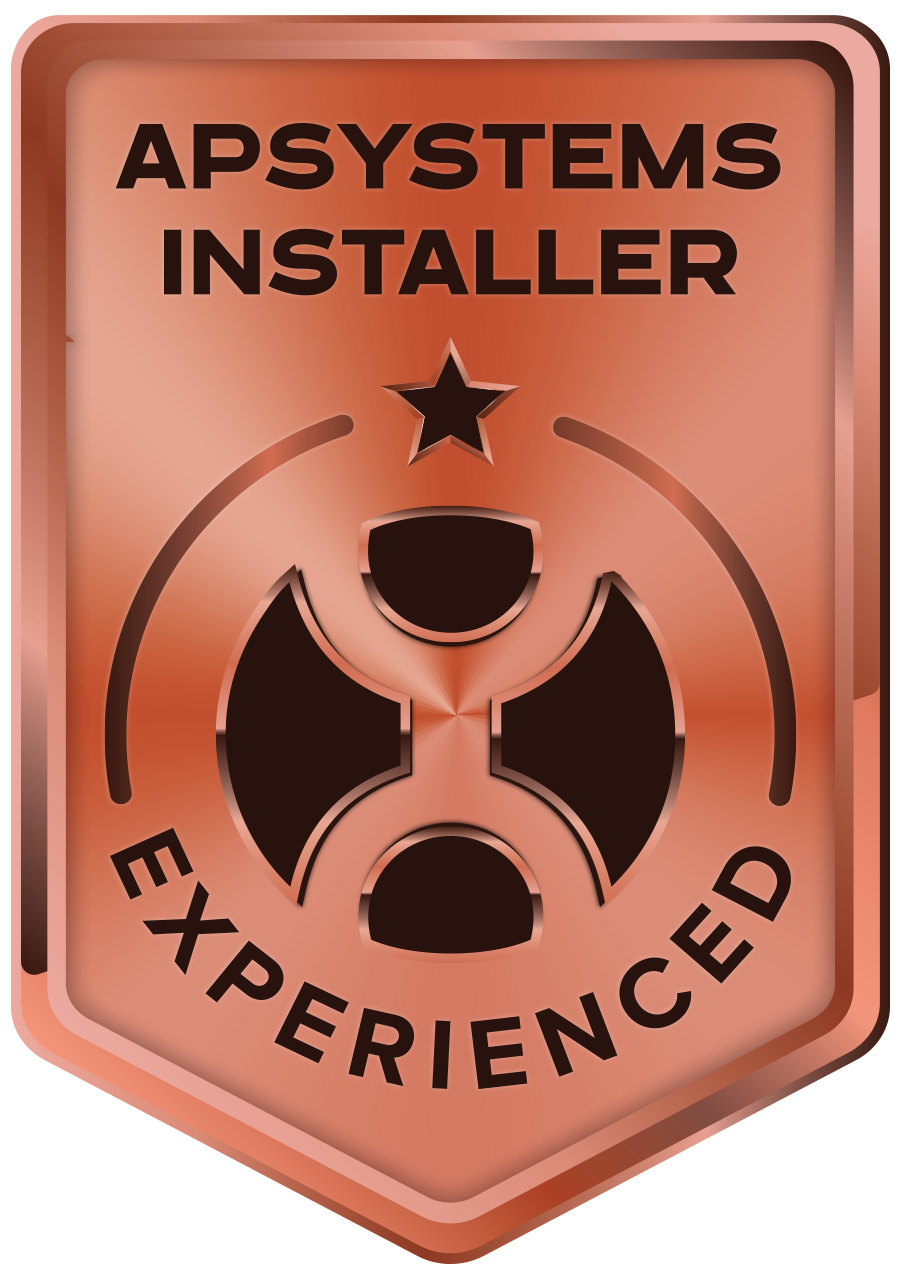How to Save Thousands with Home Solar Power in Wellington, CO
How to Save Thousands with Home Solar Power in Wellington, CO
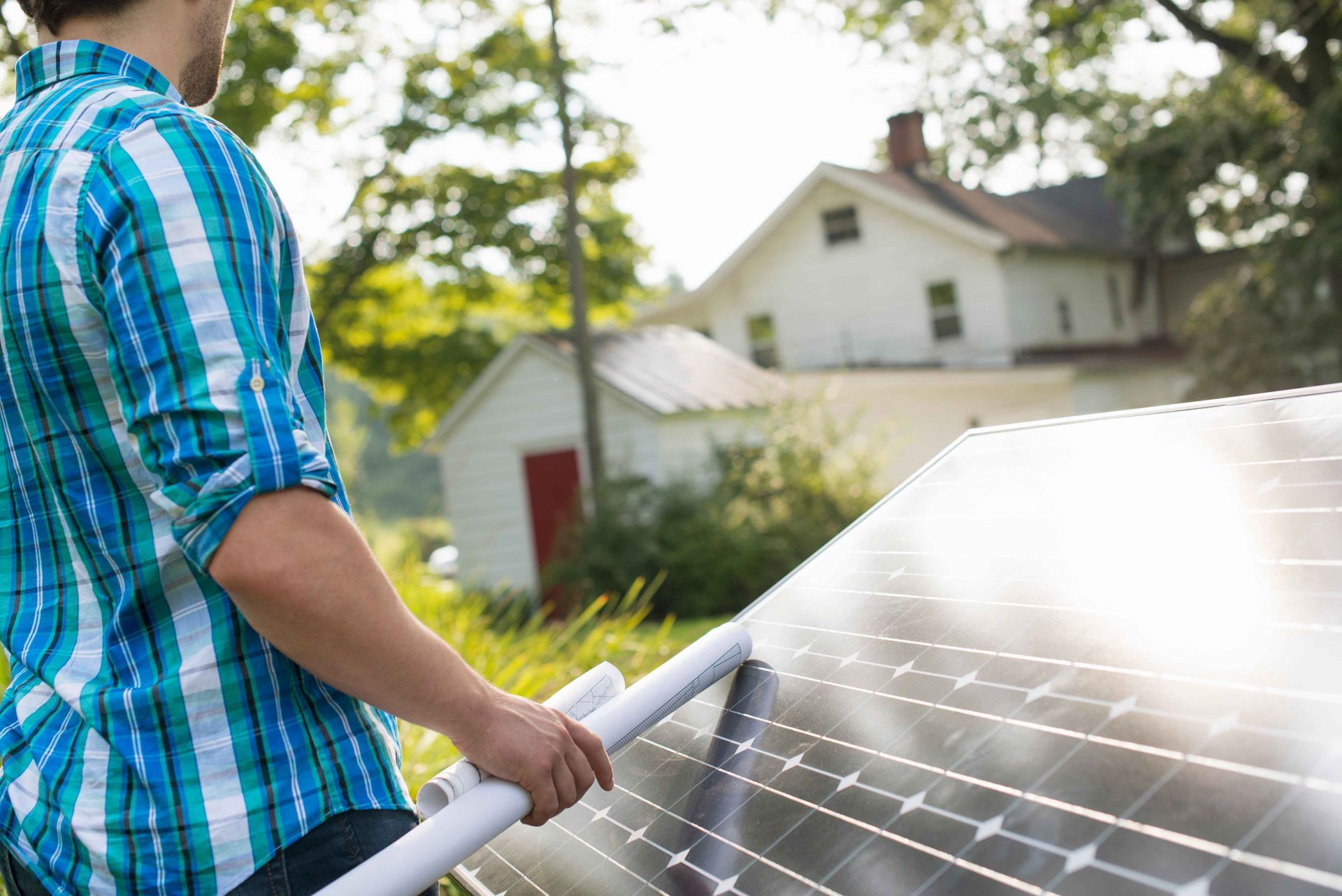
Switching to solar energy is one of the smartest investments you can make for your home in Wellington, CO. Not only can it slash your electricity bills, but it also increases property value and reduces your carbon footprint. However, many homeowners make expensive mistakes during the installation process that can lead to financial losses instead of savings.
For instance, we recently worked with a homeowner who was excited to install solar panels but ended up overpaying due to poor planning and lack of research. They chose the wrong installer, received a system that didn’t fit their energy needs, and missed out on essential tax incentives. Unfortunately, these mistakes are more common than you’d think.
If you're considering home solar power systems installation, knowing what pitfalls to avoid can save you thousands. In this article, we’ll walk you through the seven most costly mistakes and how to avoid them.
Choosing the Wrong Solar Installer
Selecting the right solar installer is crucial to ensuring a smooth and efficient solar panel installation. The quality of your installer directly impacts the performance, longevity, and cost-effectiveness of your system. Unfortunately, many homeowners make the mistake of choosing an installer based solely on price or convenience rather than expertise and reputation.
How to Avoid This Mistake
- Research credentials: Ensure the installer is licensed, bonded, and certified by organizations such as the North American Board of Certified Energy Practitioners (NABCEP). This ensures they have the necessary training and experience.
- Check reviews and references: Look for customer testimonials on Google, Yelp, and local forums. Ask for references and speak with previous customers about their experiences.
- Get multiple quotes: Don't settle for the first quote you receive. Compare pricing, warranties, and service offerings from at least three different providers.
- Verify their experience: Choose an installer who has successfully completed multiple projects similar to yours. Ask how long they’ve been in business and how many installations they have completed in Wellington, CO.
Ignoring Local Incentives and Rebates
One of the biggest advantages of installing solar panels is the financial incentives available. However, many homeowners fail to take full advantage of these programs, leaving thousands of dollars on the table. Federal, state, and local governments, as well as utility companies, offer a variety of rebates and tax credits to reduce the cost of solar installations.
How to Avoid This Mistake
- Understand federal tax credits: The Federal Investment Tax Credit (ITC) allows homeowners to deduct 30% of their solar installation costs from their federal taxes. This can result in thousands of dollars in savings.
- Check for state and local incentives: Colorado offers various rebates and incentives that can further reduce costs. Some utility companies provide performance-based incentives where you can earn money for the energy your system generates.
- Ask your installer for guidance: A reputable solar company should be well-versed in available incentives and help you navigate the application process.
- Act before incentives expire: Many incentives have expiration dates or decrease over time, so it's essential to take advantage of them while they last.
Not Assessing Energy Needs Properly
Many homeowners assume that any solar system will meet their energy needs, but this is far from true. Installing too many or too few panels can lead to inefficiencies, unnecessary expenses, or continued reliance on the grid. A poorly sized system may not generate enough power or could produce excess energy that goes to waste.
How to Avoid This Mistake
- Get an energy audit: Before installing solar, conduct an energy audit to understand your home's power consumption. This helps determine how many panels you need.
- Analyze past electricity bills: Reviewing your energy usage over the past year can provide insights into seasonal variations and help properly size your system.
- Consider future energy needs: If you plan to add an electric vehicle, hot tub, or home additions, factor those into your solar capacity calculations.
- Use smart monitoring tools: Many solar energy systems come with real-time tracking apps that allow you to monitor energy production and consumption.
Poor Roof Assessment Before Installation
Your roof is the foundation of your solar system. If it is not in good condition or has excessive shading, your solar panels won’t perform optimally. Unfortunately, some homeowners skip this step and later face costly roof repairs that require removing and reinstalling their solar panels.
How to Avoid This Mistake
- Inspect your roof’s condition: Before installation, check if your roof needs repairs or replacement. Most solar systems last 25+ years, so your roof should have at least 10-15 years of life left.
- Check for obstructions: Nearby trees, chimneys, or other structures that cast shadows on your roof can impact solar efficiency. Trimming trees or adjusting panel placement can improve performance.
- Consider alternative installations: If your roof isn’t suitable, you may opt for ground-mounted solar panels or a carport solar system.
Overlooking Financing Options
Many homeowners mistakenly believe they must pay for solar panels upfront, but there are several financing options available. Choosing the wrong financing method can lead to unnecessary financial strain or missed opportunities for better deals.
How to Avoid This Mistake
- Explore financing plans: Options like solar loans, leases, and power purchase agreements (PPAs) can make solar installations more affordable.
- Compare interest rates and loan terms: Some solar loans offer lower interest rates than traditional personal loans. Look for financing programs with favorable terms.
- Calculate return on investment (ROI): Even with financing, solar can provide significant long-term savings. Use online solar savings calculators to estimate your payback period.
Not Understanding Warranty and Maintenance Terms
Solar panels are a long-term investment, so understanding warranties and maintenance requirements is crucial. Some homeowners assume all warranties cover the same things, but coverage varies significantly between manufacturers and installers.
How to Avoid This Mistake
- Read warranty details: Ensure your warranty covers panel performance, inverters, and labor. Look for coverage lasting at least 25 years for panels and 10-12 years for inverters.
- Ask about maintenance services: Some companies offer free maintenance plans, while others charge for servicing. Know what you're responsible for.
- Work with a reputable company: Choose an installer who offers a strong warranty and stands by their work.
Failing to Monitor Your System
Installing a solar system is not a “set it and forget it” process. Monitoring your system ensures you get the expected savings and helps detect issues early.
How to Avoid This Mistake
- Use monitoring apps: Many solar systems come with digital tracking that allows you to see real-time energy production and usage.
- Compare utility bills regularly: Ensure your savings match expectations and investigate discrepancies.
- Schedule routine inspections: Periodic checks can catch problems like inverter failures, panel shading, or wiring issues early.
People Also Ask
1. How long does it take to install a solar power system?
Most residential solar installations take 1-3 days to complete, but the entire process, including permitting and approvals, can take 4-8 weeks.
2. Can solar panels work during a power outage?
Standard grid-tied solar systems shut down during a power outage for safety reasons, but adding battery storage allows your system to provide backup power.
3. Do solar panels work in snowy or cloudy weather?
Yes, but their efficiency may be reduced. Solar panels can still generate power in diffused sunlight and often perform better in cooler temperatures.
4. What happens if I produce more electricity than I use?
Excess energy is typically sent back to the grid, and depending on your utility’s net metering policy, you may receive credits on your electricity bill.
How Next Energy AI Can Help You
At Next Energy AI, we specialize in helping homeowners in Wellington, CO, make the best solar investment possible. We provide expert consultation, high-quality installation, and ongoing support to ensure your solar power system maximizes savings.
Why Choose Us?
- Local Expertise – We understand Wellington’s climate, energy rates, and incentives.
- Top-Quality Equipment – We only use reliable, high-efficiency solar panels.
- Custom Solutions – Every home is different, and we design systems that fit your needs.
- Transparent Pricing – No hidden fees, just honest, upfront costs.
Visit us at 6880 N. Franklin Ave. Loveland, CO 80538
Call us today at
970 800 6398 for a free consultation! Switch to solar the smart way—start saving today!
